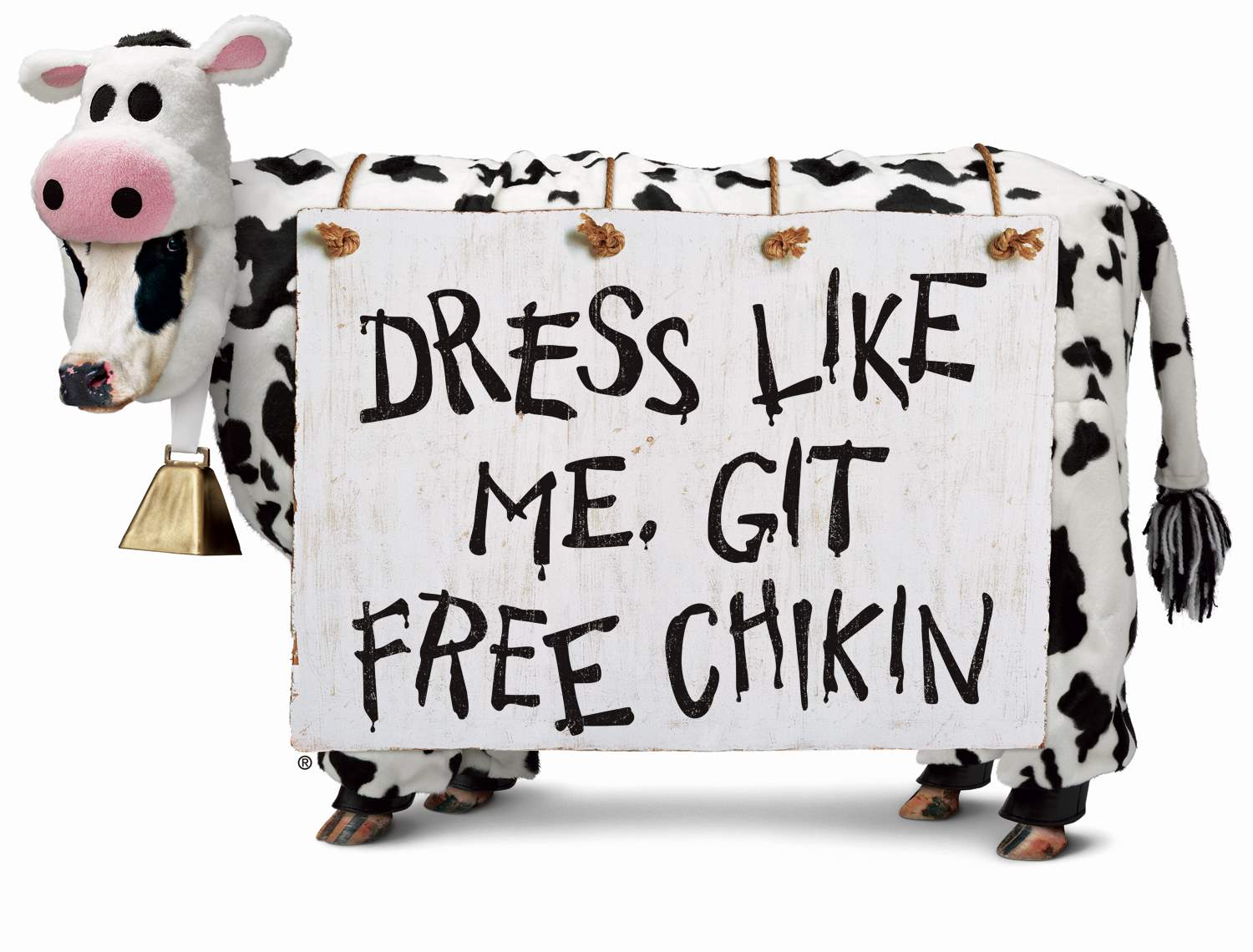
According to Professor 'How We Eat Our Chicken' is a Racial Issue | The Gateway Pundit | by Margaret Flavin
Erika Abad, a Nevada State College professor and an alumna of DePaul University in Chicago, shares that, in a world where everything is racially motivated, even how we eat our chicken is a racial issue.

Erika Abad, a Nevada State College professor and an alumna of DePaul University in Chicago, shares that, in a world where everything is racially motivated, even how we eat our chicken is a racial issue.
Abad suggests that “specific food and specific aromas” are radicalized and that even that different perfumes have racial connotations. Abad states, “All of these smells hint at otherness or assimilation in ways that complement a colorist aesthetic that lends us and prompts us to lean closer to whiteness.”
According to Abad, “how we eat our chicken” and “the level of salt in our food” is racially motivated.
Abad presented the bizarre take during a presentation to DePaul alumni as part of a series called “Perspectives on Racial Justice.”
According to the DePaul Alumni YouTube channel, “Perspectives on Racial Justice is a series that seeks to further DePaul University’s commitment to ending racial injustice on campus and in our community. Presented by the Office of Alumni Relations in partnership with faculty and alumni experts, the series strives to bring awareness to racial inequalities, continue the dialogue on issues of race and ethnicity and support our communities of color.”
Abad said that “colorsim” can be explained through five points, dubbed the “sense(s) of colorism:” sight, sound, smell, touch, and taste.
On the topic of sight, she referenced hair style and products, arguing that using coconut-based and scented products is about assimilating to “whiteness.”
Then, answering a question posed to her during the live stream, she said that “how [people of color] eat [their] chicken” is also about “whiteness,” but did not explain the details.
DePaul’s Alumni Youtube channel incudes other woke topics including:
Perspectives on Racial Justice: Afro-Latinx Identity & Inclusivity
Perspectives on Racial Justice: Cultural Identity in the Workplace
Perspectives on Racial Justice: Discussing Race with Young People
Perspectives on Racial Justice: Cultural Identity in the Workplace
Erika Abad is the reason our education system needs to be burned to the ground, starting with these fake universities: ‘How we eat our chicken’ is a racial issue according to this professor






